Human Computers
Jeff Thompson
Stevens Institute of Technology, USA
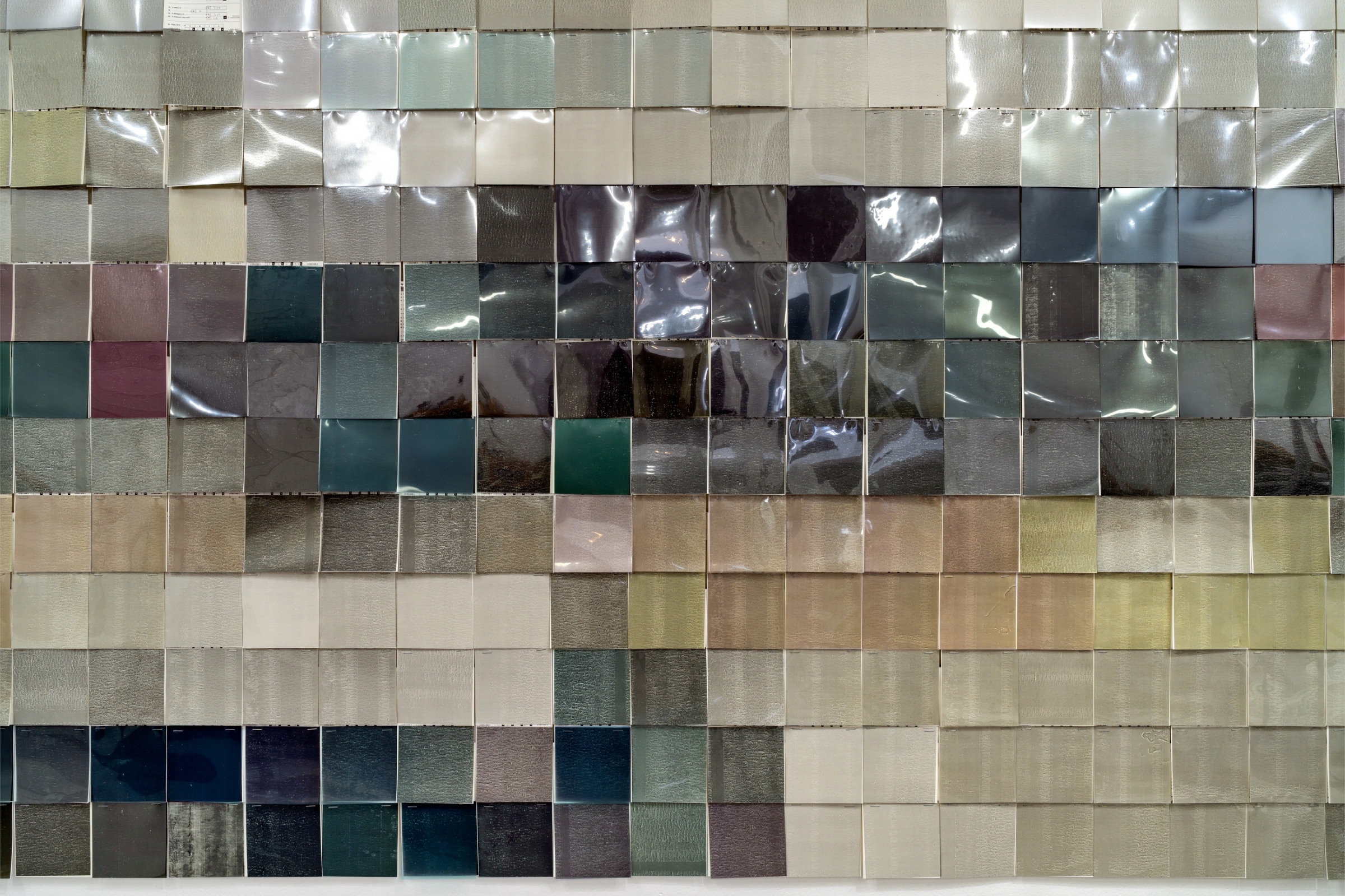
Before computers were digital, there were people who performed calculations by hand for scientific research.
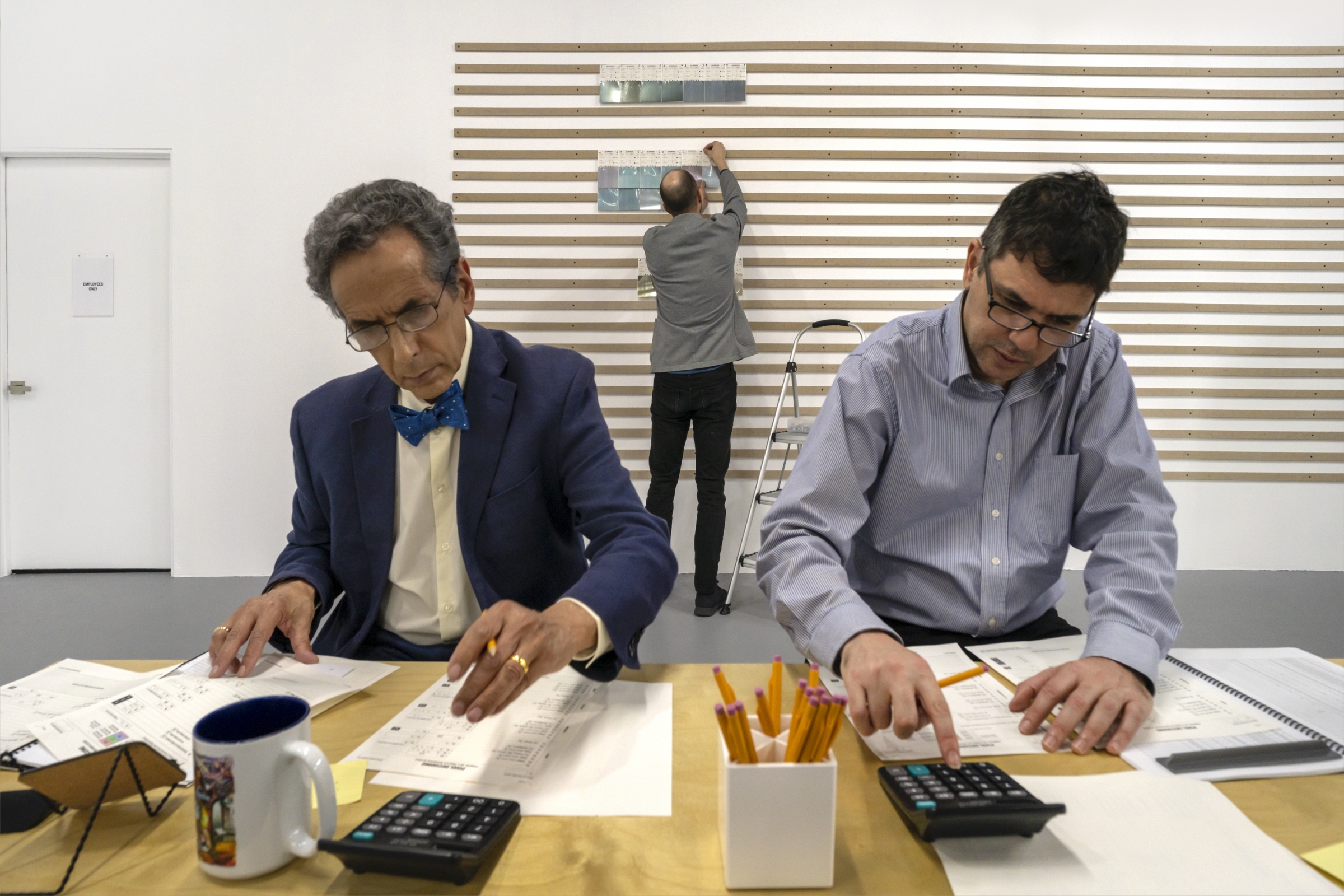
Human Computers is a long-duration performance where thirteen performers calculate by hand over a period of eight hours something trivially easy for the computer to do: decode a single image PNG file.
In this project, I was interested in how we could understand a PNG file not by programming in the computer but using pencil and paper.
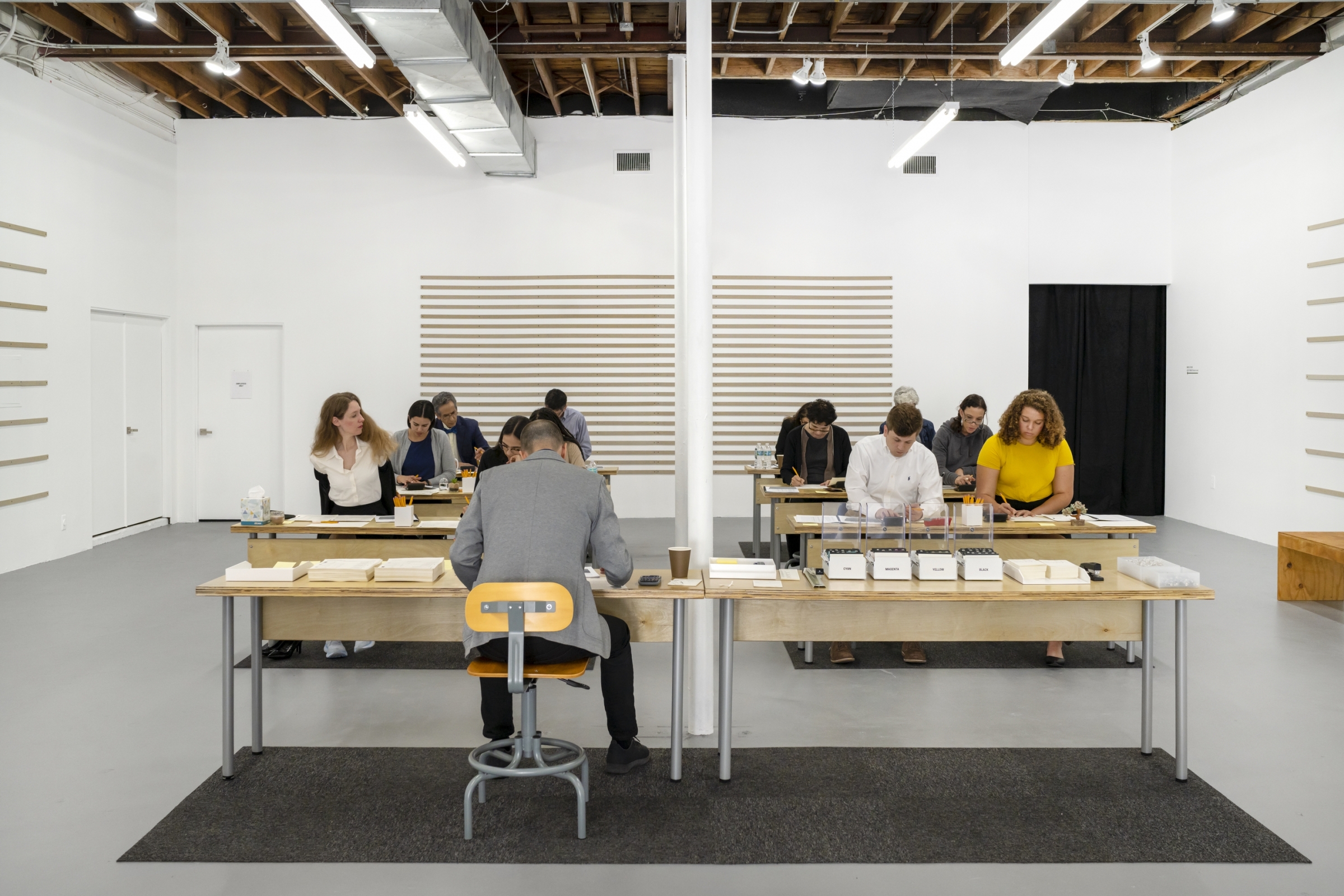
Performers sit at custom furniture and slowly decode the file (printed as spiral-bound books) using paper worksheets; resulting pixels are assembled from CMYK transparencies, stapled to worksheets, and hung.
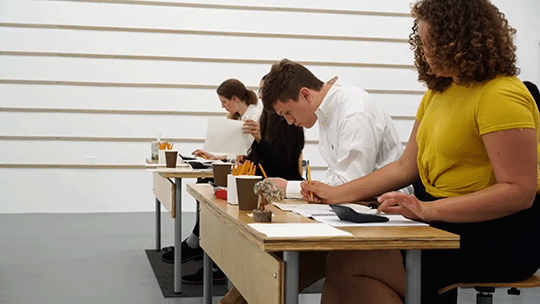
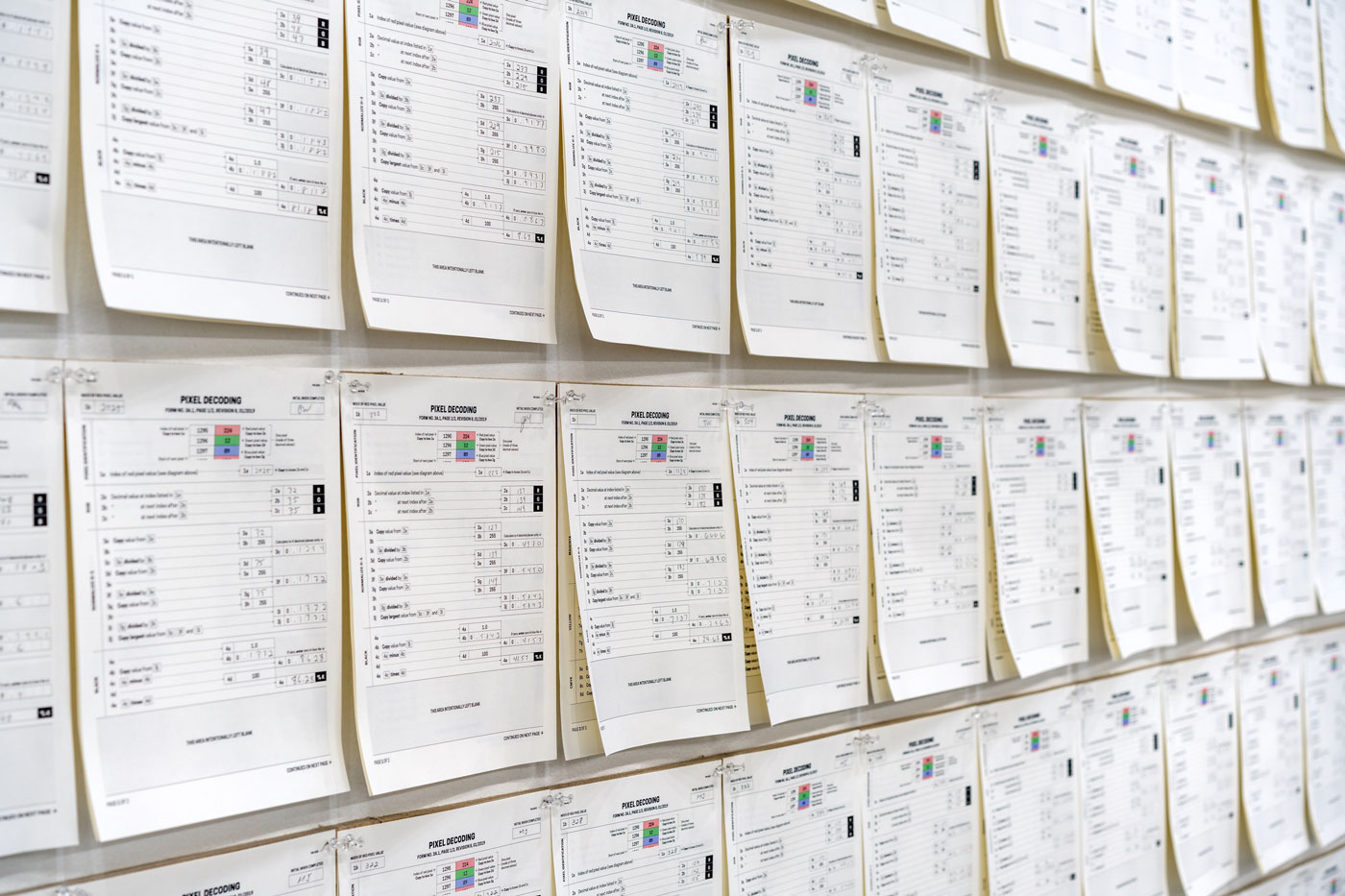
Since computer files are not intended to be read by hand, worksheets and tools were designed to enable humans to carry out the work of the computer.
Human Computers reveals the histories/affordances that a single file format encapsulates and suggests that slowness and collaboration can be a form of knowledge-production.
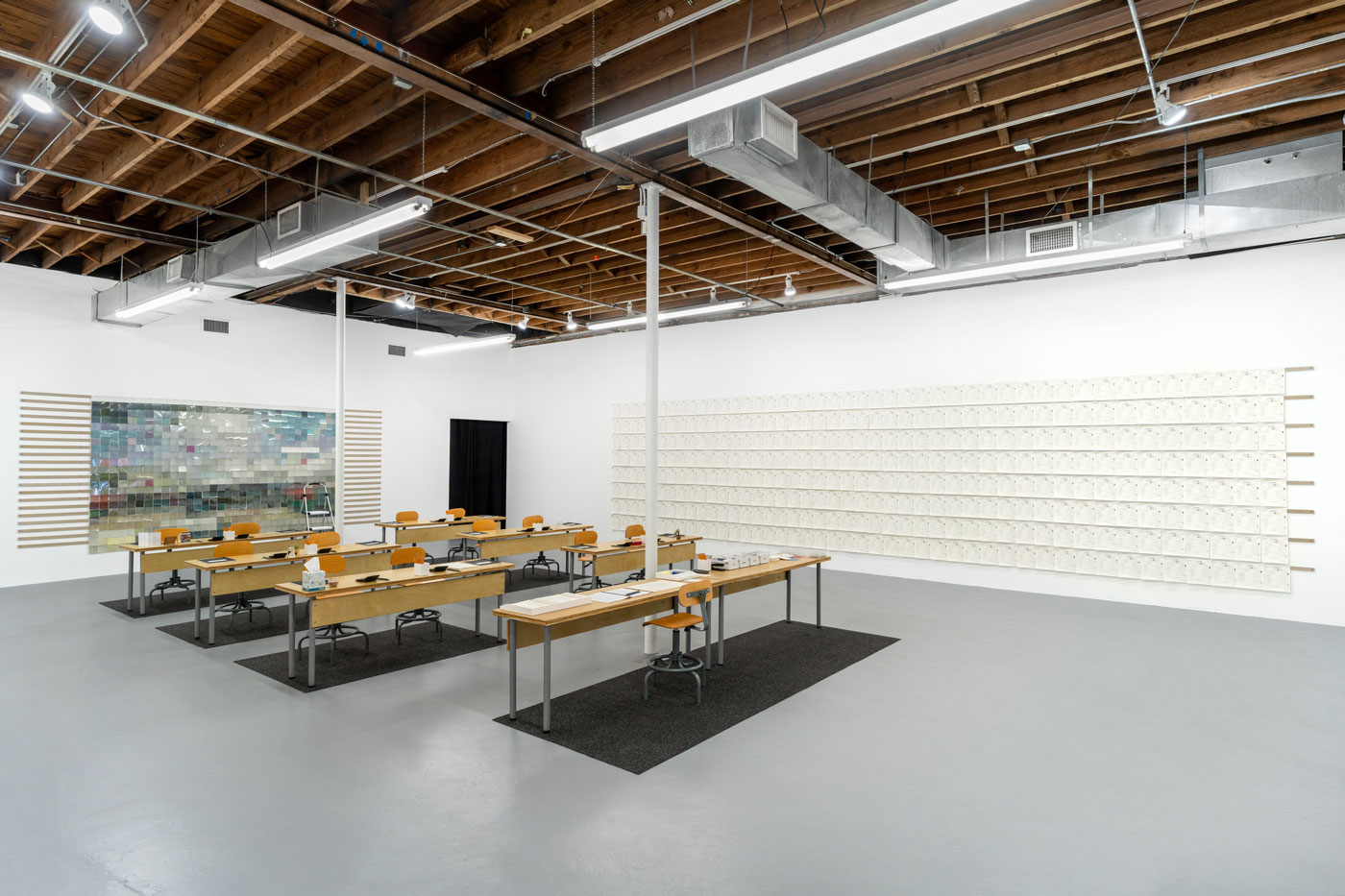
Jeff Thompson
(b. 1982, Minneapolis/USA) is an artist, programmer, and educator based in the NYC area. Thompson has exhibited and performed his work internationally at venues including the Museum of the Moving Image, Tufts University, Fridman Gallery, Somerset House, Sheldon Museum of Art, Drugo-more, Salzburger Kunstverein, and the Bemis Center for Contemporary Art. Recent commissions and residencies include MacDowell, SPACES, Bell Labs, University of Cambridge, Abandon Normal Devices, Brighton Digital Festival, Impakt, Rhizome, Turbulence, and Harvestworks. Thompson earned an MFA from Rutgers University in 2006. He serves as Associate Professor of Visual Art & Technology at Stevens Institute of Technology.
This project was commissioned by Locust Projects and University of Nevada, Reno.
RECODE Online Exhibition
RECODE has admitted a resonance of the culture of the creative coding community as a plural movement of interpretation, reclaim, revisit, and/or resignification of artworks and fundamental practices of early computer graphics and art and its subsequent works through the usage of contemporary media, tools, and technologies.
We invite you to explore how artists, academics, researchers, and practitioners explored and interpreted the notion of recode in their works.
View all projects
